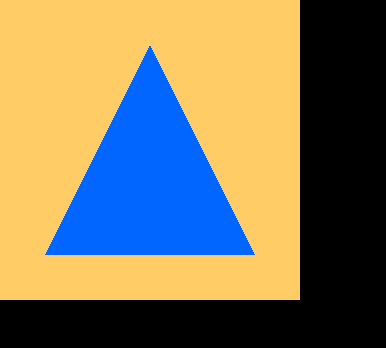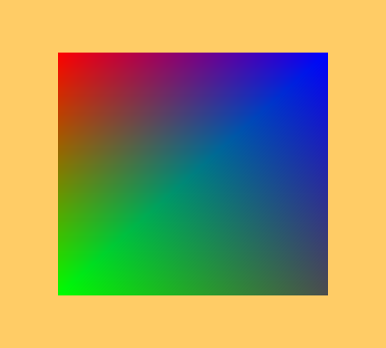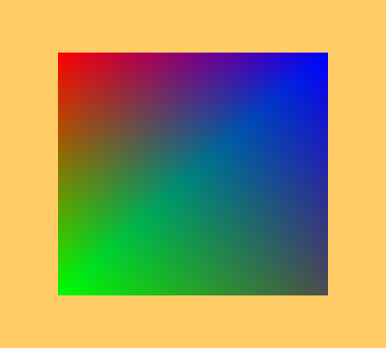This project will no longer be maintained by Intel.
Intel has ceased development and contributions including, but not limited to, maintenance, bug fixes, new releases, or updates, to this project.
Intel no longer accepts patches to this project.
If you have an ongoing need to use this project, are interested in independently developing it, or would like to maintain patches for the open source software community, please create your own fork of this project.
by Pawel Lapinski
Source code examples for "API without Secrets: Introduction to Vulkan" tutorial which can be found at:
https://software.intel.com/en-us/articles/api-without-secrets-introduction-to-vulkan-preface
Special thanks to Slawomir Cygan for help and for patiently answering my many, many questions!
Vulkan drivers and other related resources can be found at https://www.khronos.org/vulkan/
Tutorial presents how to create all resources necessary to use Vulkan inside our application: function pointers loading, Vulkan instance creation, physical device enumeration, logical device creation and queue set up.
This lesson focuses on a swap chain creation. Swap chain enables us to display Vulkan-generated image in an application window. To display anything simple command buffers are allocated and recorded.
Here I present render pass, framebuffer and pipeline objects which are necessary to render arbitrary geometry. It is also shown how to convert GLSL shaders into SPIR-V and create shader modules from it.
This tutorial shows how to set up vertex attributes and bind buffer with a vertex data. Here we also create memory object (which is used by buffer) and fences.
https://www.intel.com/content/www/us/en/developer/articles/training/api-without-secrets-introduction-to-vulkan-part-5.html
In this example staging resources are presented. They are used as an intermediate resources for copying data between CPU and GPU. This way, resources involved in rendering can be bound only to a device local (very fast) memory.
This tutorial shows what resources are needed and how they should be prepared to be able to use textures (or other shader resources) in shader programs.
https://www.intel.com/content/www/us/en/developer/articles/training/api-without-secrets-introduction-to-vulkan-part-7.html
Here it is shown how to add uniform buffer to descriptor sets, how to provide data for projection matrix through it and how to use it inside shader.






